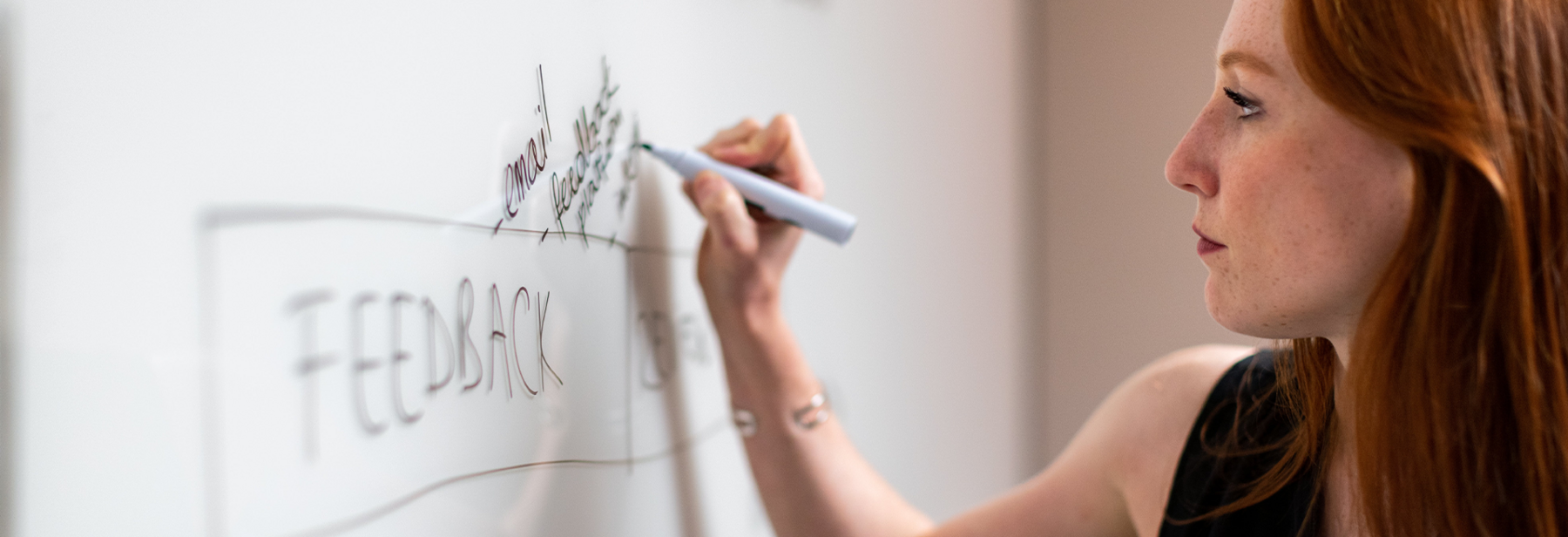
Mere Measurement “Plus”: How Solicitation of Open-Ended Positive Feedback Influences Customer Purchase Behavior (New)
Sterling A. Bone, Utah State University
Katherine N. Lemon, Boston College
Clay M. Voorhees, Michigan State University
Katie A. Liljenquist, Brigham Young University
Paul M. Fombelle, Northeastern University
Kristen B. DeTienne, Brigham Young University
R. Bruce Money, Brigham Young University
In two studies (a longitudinal field experiment with an established B2C national chain, and a field experiment with a B2B software manufacturer), we demonstrate that a survey soliciting feedback with an open-ended positive solicitation frame increases customer purchase behavior. Study 1, a longitudinal field experiment, showed that one-year following a positive open-ended solicitation frame, customers spent 8.25% more than customers in a neutral, closed-ended survey condition. In Study 2, we utilized multiple treatment groups to assess the step-wise gains of solicitation, measurement, and solicitation frame. The results demonstrated (a) a mere solicitation effect, (b) a traditional mere measurement effect, and (c) an additional “mere measurement plus” effect of an open-ended positive solicitation frame; all effects increased customer spending. Specifically, open-ended positive solicitation frames resulted in a 32.88% increase in customer spending relative to closed-ended surveys that are traditionally considered in mere measurement effect research. The findings suggest that firms can proactively influence the feedback process. Soliciting open-ended positive feedback can create positively biased memories of an experience; the subsequent expression of those memories in an open-ended feedback format further reinforces them, making them more salient and accessible in guiding future purchase behavior.
This paper is conditionally accepted at the Journal of Marketing Research